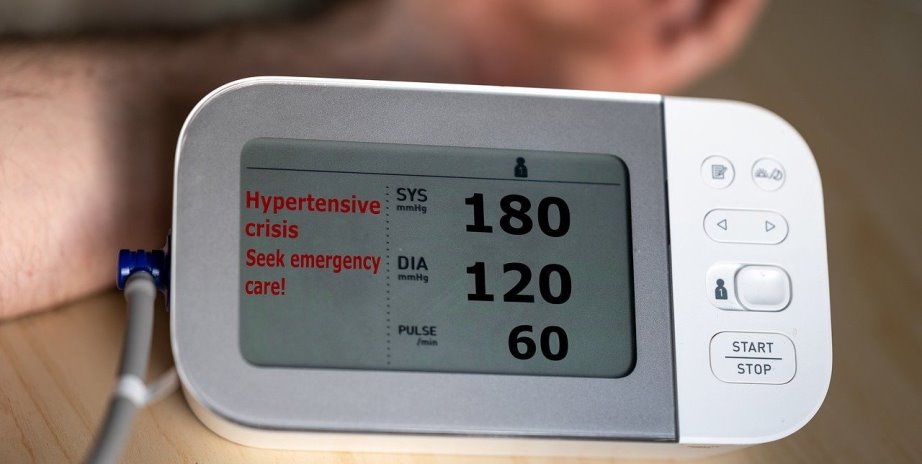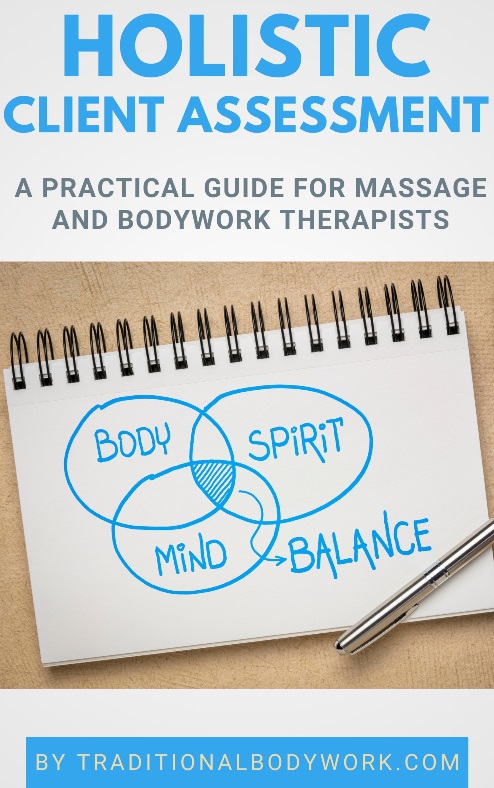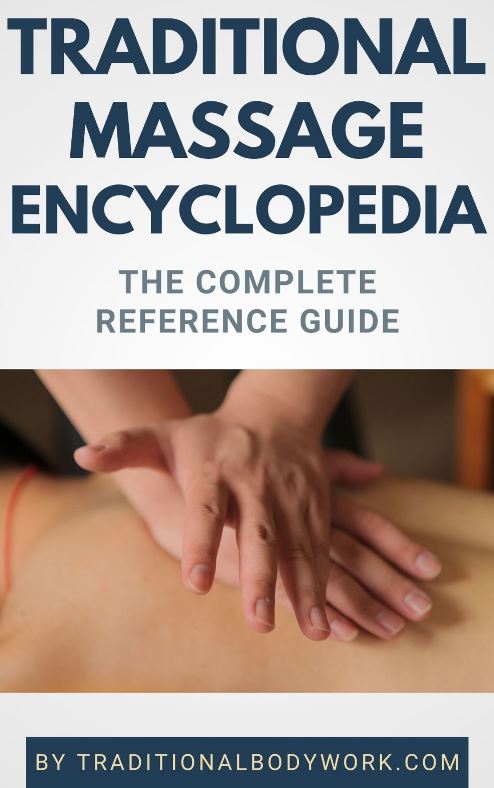
It’s an interesting fact that massage therapy can relax the receiver and relieve them from stress and anxiety, can improve their overall blood circulation and widen blood veins, and may subsequently contribute to lowering high blood pressure (of which the medical term is hypertension) of those who suffer from this condition.

On the other hand, massage therapists need to be cautious when treating clients who suffer from high blood pressure. That is, certain massage techniques can increase hypertension, which then achieve quite the opposite of what’s intended, and sometimes may even cause life-threatening situations such as an increased risk of heart attack or stroke.
As a general rule, we could say that those who suffer from hypertension need a relaxing massage and not an invigorating session. Any excitement during a massage session, may it be physical or emotional, should be “taken out of the equation,” as the saying goes.
It doesn’t mean we can’t give a Deep Tissue Massage, but highly dynamic massages, client body positions that make blood flow intensely or forcefully to the heart region, or massage techniques that (temporarily) constrict the blood flow — so-called femoral artery compressions — need to be avoided.

Another important thing here is that massage therapists should always inquire before a massage session if the client suffers from high blood pressure. Sure, if the client comes to you for relief of this condition, you will know this beforehand, but there are many clients who do have hypertension issues or take medication against it and don’t inform you of there “harmless” condition. So, extreme caution is advised here.
Moreover, from out a holistic client assessment point of view, therapists should also try to find out why a client has this condition. For instance, is it because of structural anxiety connected to their job, a problematic relationship, or past trauma? Is the client overweight? Or is there an underlying genetic or physical cause or a specific disorder?
The types of questions just mentioned may reveal additional information about the client’s background and the possible causes of their hypertension problems. This can help the therapist to better support their client in getting their affliction under control or even eliminate it. As it is, a therapist who works holistically will not only help their client through massage or bodywork, but also by giving advice to possibly change certain aspects of their lifestyle or perhaps by urging them to seek another type of professional help.

















